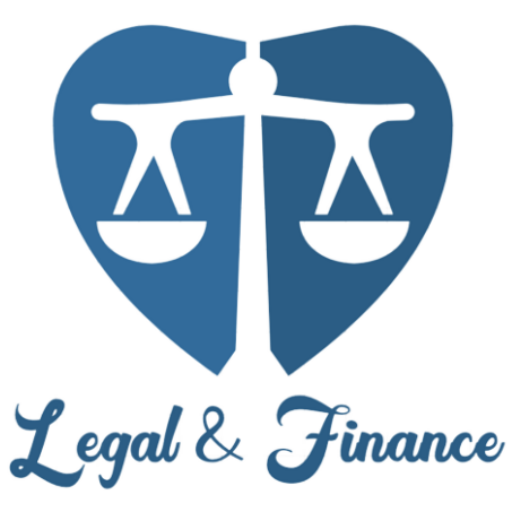In the realm of law, where justice hangs in the balance, the duty of a lawyer is not just to win cases, but to uphold the integrity of the legal system itself. Legal ethics serves as the moral compass that guides attorneys through the complex landscape of professional responsibilities. In this article, we will delve into the intricate world of legal ethics, exploring the ethical principles and standards that shape the behavior and decision-making of lawyers. Join us on this exploration of the professional responsibilities that define the noble profession of law.
The Importance of Upholding Ethical Standards in the Legal Profession
Ensuring that lawyers uphold ethical standards is crucial in maintaining the integrity of the legal profession. Lawyers have a duty to act with honesty, integrity, and respect for the law in all aspects of their practice. Upholding ethical standards not only maintains the trust of clients and the public but also ensures fairness and justice in the legal system.
Adhering to ethical standards also helps lawyers avoid potential conflicts of interest, maintain confidentiality, and uphold their duty of loyalty to their clients. By following ethical guidelines, lawyers can protect the rights of their clients and uphold the principles of justice. Ultimately, upholding ethical standards is essential for preserving the reputation and credibility of the legal profession as a whole.

Navigating Conflicts of Interest: How Lawyers Can Maintain Objectivity
When it comes to navigating conflicts of interest in legal practice, maintaining objectivity is crucial for lawyers to uphold their professional responsibilities. Objectivity is essential for ensuring fair and unbiased representation of clients, upholding the integrity of the legal system, and protecting the trust of the public. To achieve this, lawyers must adhere to ethical guidelines and best practices to effectively handle conflicts of interest.
Here are some key strategies that lawyers can employ to maintain objectivity when faced with conflicts of interest:
- Disclose conflicts: Be transparent about any conflicts of interest that may arise and discuss them with all relevant parties.
- Obtain informed consent: Before proceeding with representation, ensure that clients are fully informed about potential conflicts of interest and provide their consent.
- Seek guidance: Consult with colleagues, supervisors, or ethics committees to get advice on how to navigate complex conflicts of interest situations.

Ensuring Confidentiality and Trust: Ethical Obligations in Attorney-Client Relationships
When it comes to the attorney-client relationship, confidentiality and trust are paramount. As legal professionals, lawyers have a duty to uphold the highest ethical standards to ensure that the information shared by clients remains confidential. This duty extends beyond the courtroom and encompasses all interactions between the attorney and client.
One of the key ethical obligations in attorney-client relationships is the duty of confidentiality. This means that lawyers must keep all information shared by their clients confidential, even after the attorney-client relationship has ended. Maintaining confidentiality helps build trust between lawyers and clients, allowing clients to feel secure in sharing sensitive information that is crucial to their case. By upholding this ethical duty, lawyers demonstrate their commitment to protecting their clients’ interests and rights.

Strategies for Dealing with Ethical Dilemmas in Legal Practice
When faced with ethical dilemmas in legal practice, it is crucial for lawyers to have a solid understanding of their professional responsibilities. One strategy for dealing with such dilemmas is to always prioritize the interests of the client while also upholding the principles of justice and fairness. This can be achieved by following these key approaches:
- Seeking guidance: Consulting with colleagues, mentors, or legal ethics experts can provide valuable insights on how to navigate tricky ethical situations.
- Continuing education: Staying updated on the latest legal ethics rules and regulations through seminars, workshops, and reading materials can help lawyers make informed decisions.
- Reflecting on past experiences: Drawing from past experiences can provide valuable lessons on how to handle similar ethical dilemmas in the future.
| Scenario | Recommended Action |
|---|---|
| Client requests lawyer to conceal evidence | Explain the ethical obligation to disclose all relevant information to the court. |
| Conflicts of interest between clients | Recuse oneself from representing both parties to maintain integrity and avoid ethical violations. |
By employing these strategies and always keeping the ethical obligations at the forefront of their practice, lawyers can navigate complex ethical dilemmas with integrity and professionalism.
To Wrap It Up
In conclusion, navigating the complex world of legal ethics is essential for lawyers to uphold the integrity of the legal profession and maintain the trust of their clients. By understanding and adhering to the professional responsibilities outlined by governing bodies, lawyers can ensure they are upholding the highest standards of ethics in their practice. Ultimately, by prioritizing ethical behavior and committing to the principles of justice and fairness, lawyers can make a lasting impact on the legal system and society as a whole. Thank you for exploring the nuances of legal ethics with us, and may your legal practice always be guided by the highest ethical standards.
